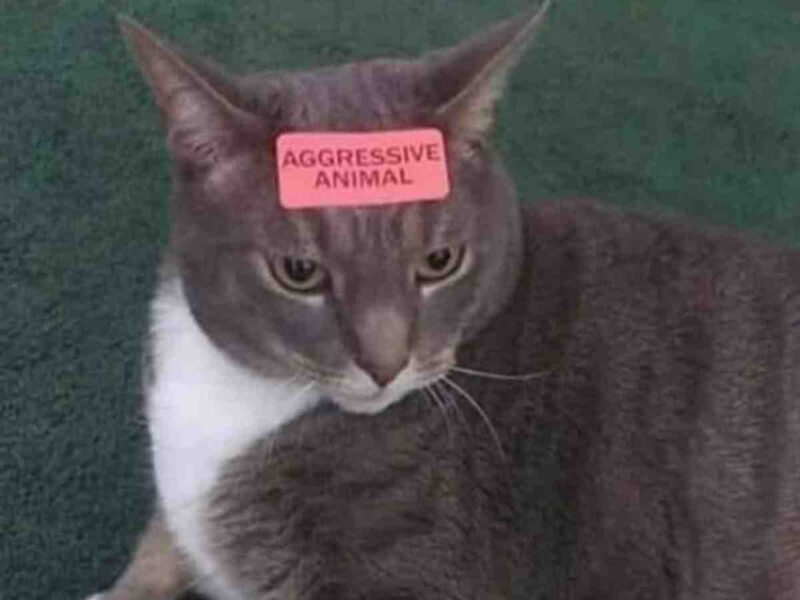Keep Your Cats Indoors
As we come out of the modern delusion, where we treat everything in our world as an object in our own minds, humans are starting to again pay attention to the nature of things. That is, objects in the world exist for their own sustenance and renewal, not as tchotkes for us to play with!
Part of this will involve how we treat animals. We will if we are sane always be omnivores who depend on meat proteins, but we may adopt an attitude of reverence toward this process instead of seeing animals as something to be cut into equal squares for purchase by equal citizens.
We may also reconsider our pets; they are not employees that we can discipline, but independent consciousnesses that act for their own power. This works in nature, but when we domesticate, we become the arbiter of what is necessary, and so we have to take note of their tendencies.
In particular, we might observe that kitty people are not ready for interacting with our vehicles:
The research found [road traffic accidents are] the leading cause of death in cats across all age groups studied. While kittens were more likely to die due to age-related infectious diseases, trauma and accidents, organ-specific issues such as kidney and heart diseases were likely causes of death in cats up to eight years old.
This should surprise no one who observes the carnage on our roads, made worse by the fact that our cars are quieter these days and that traffic no longer stops in the late evening for the most part. Letting kitty outdoors is rolling the dice with traffic.
There are other reasons to keep your cats inside, namely that like everything else on Earth, they hunt. The hunting patterns of domestic cats result in a Holocaust of birds, lizards, toads, and snakes:
America’s cats, including housecats that adventure outdoors and feral cats, kill between 1.3 billion and 4.0 billion birds in a year, says Peter Marra of the Smithsonian Conservation Biology Institute in Washington, D.C., who led the team that performed the analysis. Previous estimates of bird kills have varied, he says, but “500 million is a number that has been thrown around a lot.”
Since we are already feeding them, there is no need for this killing, which does nothing but decrease the population of wild birds and force them into a behavioral pattern based around human needs and not their own.
For humans to escape our innate solipsism, we have to see animals as objects independent of our mind, even if they often operate like our thoughts might. They are beings — individuals — making their own choices to the best of their ability.
We may soon expand this consideration to include the consciousnesses of machines. For now, AI seems like an eccletic research generator that mirrors back to us what we have already typed into the internet, but if it ever becomes aware, animal rights will extend to silicon.










